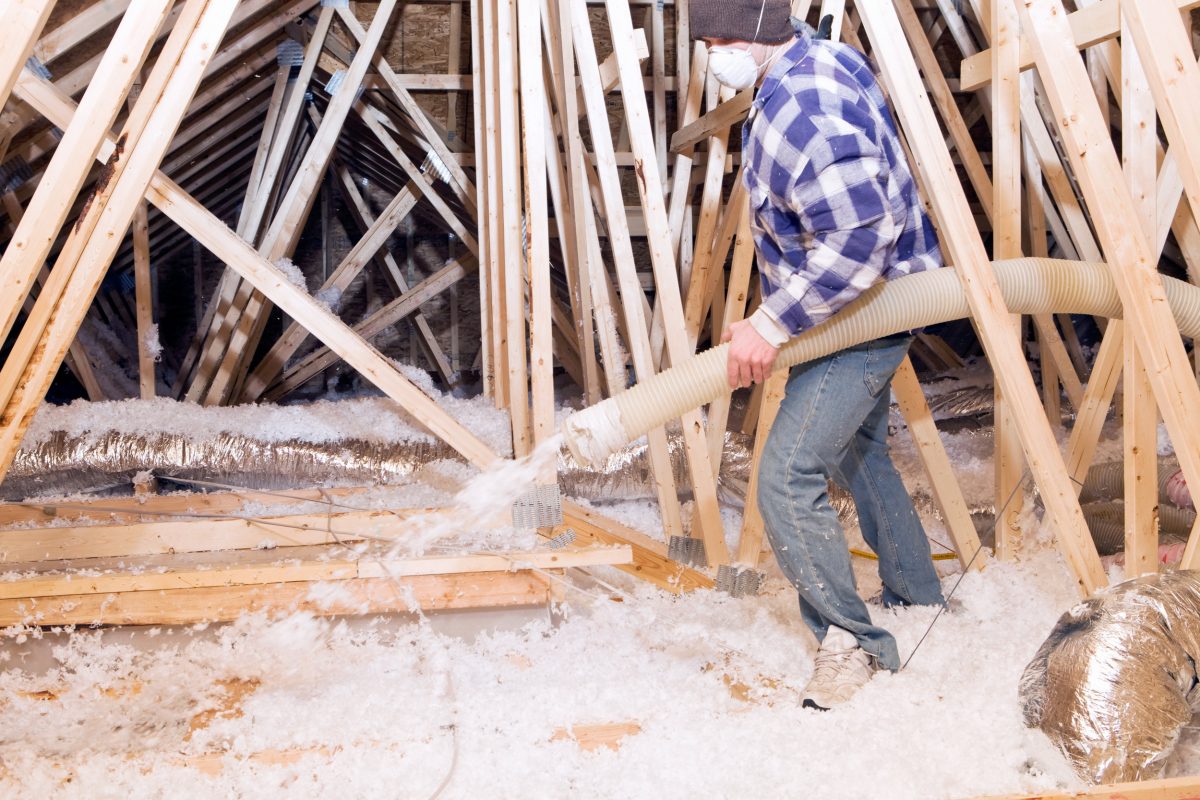We are fortunate to be in Colorado, where we can cherish all seasons to the utmost. This, however, results in substantial temperature variations throughout the year. As a result, the insulation in your home must be sufficient to maintain comfortable temperatures during the year.
Insulation is a crucial aspect that affects the comfortability of your house. Many individuals, however, fail to see that having insulation is just as vital in the summertime as it is in the wintertime.
After all, the cost of setting up insulation varies greatly and is determined mainly by the kind of insulation used. The place that you decide to insulate will also have an impact on the cost of your job.
Fiberglass Insulation
Fiberglass insulation is the most widely utilized type of insulation in houses. This insulation type successfully reduces heat transmission because it’s constructed of thin monofilaments that are woven into the insulating layer.
Because it is non-flammable and has high R-values, fiberglass insulation could be very effective when implemented correctly and safely. So, if you are looking for a low-cost insulation option, fiberglass is the route to go.

Mineral Wool Insulation
Mineral wool insulation is what’s commonly used in addition to other types of insulation and might even be quite efficient for insulating larger areas. Unfortunately, most mineral wool available isn’t resistant to fire, making it hazardous in circumstances that involve severe heat.
Cellulose Insulation
Cellulose insulation is one of the most environmentally friendly types of insulation. Latest insulation research has found that cellulose insulation may be beneficial for reducing fire damage.
Since cellulose insulation is so dense, it retains almost no oxygen, which aids in fire suppression. Cellulose insulation is also excellent auxiliary insulation and is ideal for updating sections of your property.
Spray Foam
Spray foam insulation is another excellent barrier with a high R-value. No other superior product is available that acts as both an air and moisture shield that will keep your house comfy all year.
It’s usually prepared on the spot and sprayed onto a suitable area. It then expands to cover whatever cracks and crevices it comes across. One advantage of spray foam insulation is that it is unscented and mold resistant, even if exposed to excessive water.
